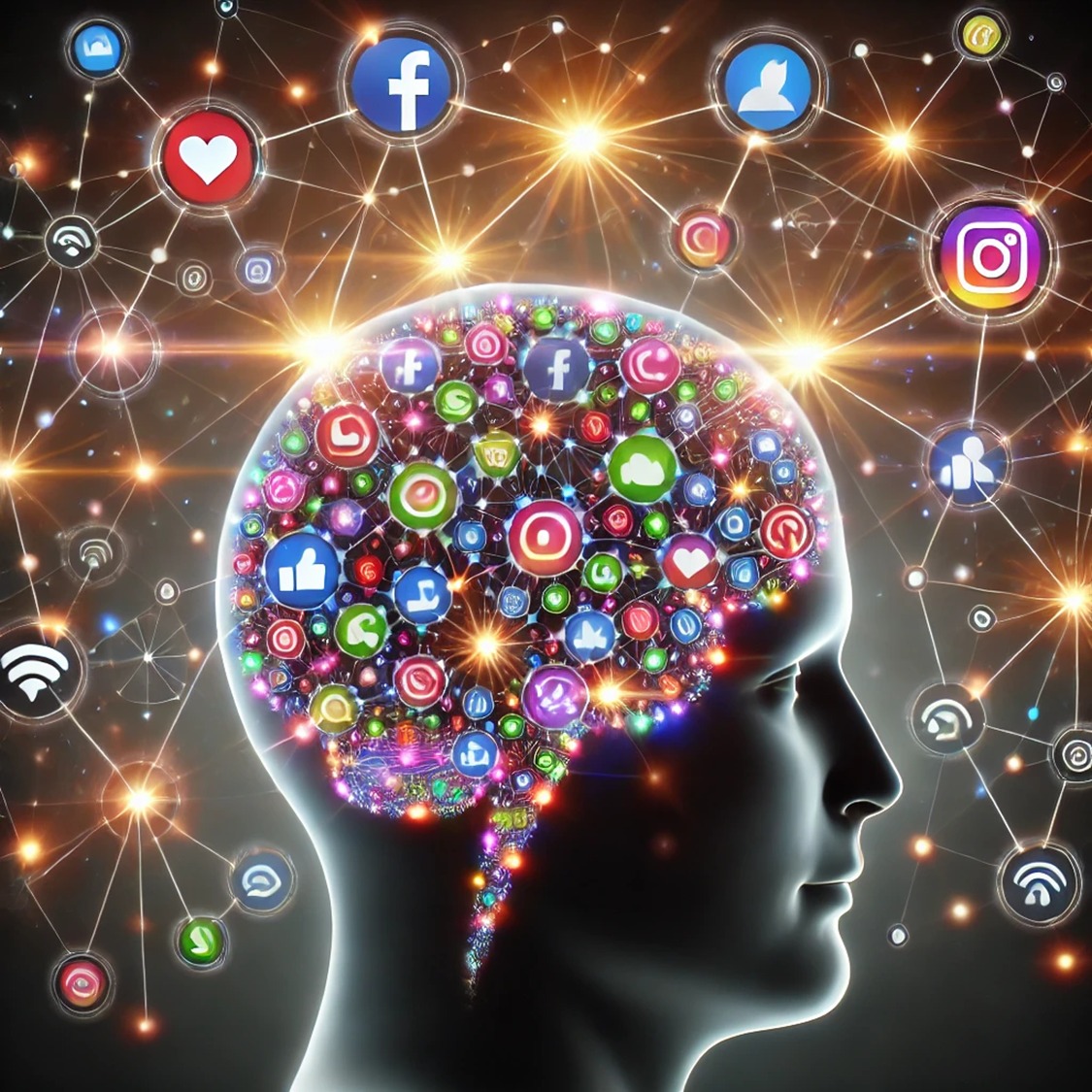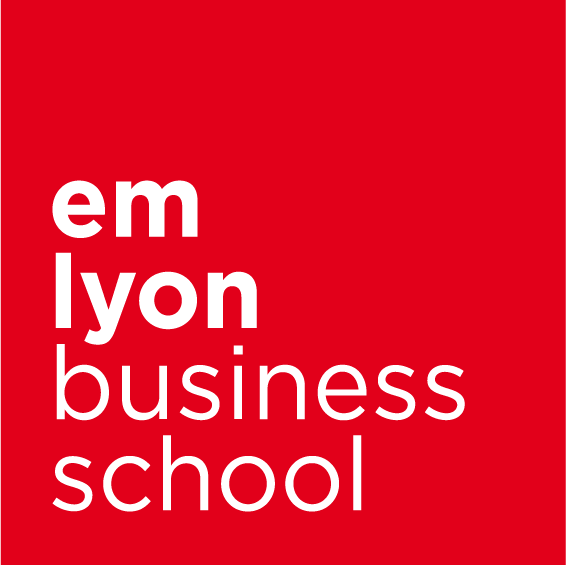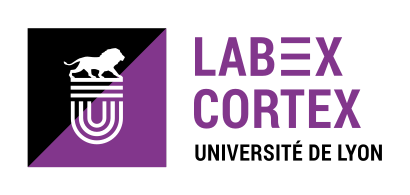Satellite workshop: New perspectives on social networks from economics, psychology and neuroscience
This year, SBDM hosts a satellite event dedicated to social networks just after the main conference, on June 19th.
The event is free but registration is mandatory. If you are interested please send an email with subject “network workshop” to eliasdrewalter@gmail.com.

When
June 19th, Lyon, France
Where
Location : Institut des Sciences Cognitives, 67 bd Pinel, 69675 Bron, France
How to come to the Institut des Sciences Cognitives (67 bd Pinel, 69675 Bron)
https://www.tcl.fr/en Stop from bus C8, ‘Hôpitaux Est-Pinel’ from Metro station ‘Grange-Blanche’ or stop from Tramway T6 ‘Hôpitaux Est-Pinel’
Organizers
Jean-Claude Dreher (Institut des Sciences Cognitives Marc Jeannerod, CNRS, Lyon), Marie-Claire Villeval (GATE, CNRS, Lyon), Frédéric Moisan (GATE CNRS, and EM-Lyon), and Astrid Hopfensitz (GATE CNRS and EM-Lyon)
Synopsis
Social and economic networks play a crucial role in shaping individual and collective decision-making by influencing how individuals process information, form beliefs, and interact strategically. The structure of these networks affects economic behavior, market dynamics, and collaboration and coordination within organizations, with implications for financial stability, cooperation, competition, and policy adoption. Understanding how individuals make decisions within these interconnected systems is essential for addressing challenges such as the spread of misinformation, political polarization, and social conformity. While behavioral economics and computational social science have made progress in modeling decision-making in structured environments, many questions remain about the cognitive and neurobiological mechanisms driving these processes. Advances in these fields provide valuable insights into how individuals process social and economic incentives, update beliefs based on network interactions, and navigate complex strategic environments. This workshop will bring together perspectives from economics, psychology, and computational social neuroscience to explore how individuals make decisions in social and economic contexts. Through recent empirical and theoretical approaches, we aim to deepen our understanding of decision-making in networked environments.
Schedule
For more information about the speakers, see next section.
| Time | Event | Speaker(s) |
|---|---|---|
| 09:00 | Arrival at Institut des Sciences Cognitives | |
| 09:15 | Welcome address | |
| 09:30 | Talk | Oriel Feldman Hall |
| 10:15 | Talk | Jean-Claude Dreher |
| 11:00 | Coffee break | |
| 11:30 | Talk | Edoardo Gallo |
| 12:15 | Talk | Friederike Mengel |
| 13:00 | Lunch (provided) | |
| 14:00 | Talk | Damon Centola |
| 14:45 | Talk | Fréderic Moisan |
| 15:30 | Coffee break | |
| 15:45 | Talk | Arno Riedl |
| 16:30 | General discussion | From submissions |
| 17:00 | End |
Speakers
Oriel Feldman Hall (neuroscience - Brown Univ) - https://www.feldmanhalllab.com/
Title: Cognitive maps of social networks
The success of the human species depends on our ability to successfully navigate through our complex social communities, where our friends are connected to many others, who are in turn connected to others, and so on. Our social networks are extraordinarily dense, complex, and continually evolving as friendships are made and broken. It is an enormous challenge to figure out how people are connected within a network, and continually update one’s representation as the network inevitably shifts over time. Yet, knowing your social network’s structure affords many advantages, such as being able to disseminate information, manage one’s own (and others) reputations, or even strategically figure out how to occupy a central position. I will discuss our recent research probing the mechanisms that underpin how humans learn about the relationships in social networks, and the format of representation they use to encode these social networks: abstract cognitive maps. We find that abstract maps are used to solve multiple different social navigation problems, from climbing the social ladder into positions of influence to learning to gossip with the right people.
Jean-Claude Dreher (neuroeconomics – Lyon) - https://dreherteam.wixsite.com/neuroeconomics
Title: Brain computations engaged in social network interactions
Social networks play a crucial role in creating links between individuals and in informal transmission of information across society. Although the computations engaged in social learning have started to be investigated in dyadic interactions and in very small groups, little is known about the mechanisms used by the brain when individuals interact in social networks. I will present recent theoretical and experimental work shedding light on the computations people use to integrate and transmit information in social networks. I will show that a variant of the classical DeGroot learning rule captures transmission of information in social networks better than a sequential error-driven process using successive weighted update of one’s neighbors’ opinions. I will also present recent fMRI results showing how the brain decides whether to share extra information with others, depending upon one’s own confidence about the reliability of information and upon our beliefs concerning the preferences of receivers. Finally, I will present an Agent-Based model of dynamic network formation where individuals act asynchronously based on a partial view of the network. This model converges towards the most efficient network structure, showing that seemingly complex behaviors in such game emerges from decentralized, homogenous, payoff-driven agents. Together, these results pave the way to develop a mechanistic understanding of social learning mechanisms used by networked individuals interacting dynamically in real time.
Edo Gallo (economics - Cambridge) - https://www.edoardogallo.com
Title: Money vs social exclusion in networks
Globalization offers unparalleled opportunities to expand economic welfare across large networks of unrelated individuals. Social exclusion – permanent or temporary – and monetary exchange are institutions that in theory can incentivize cooperation. In an experiment, we evaluate their relative performance and interaction in anonymous networks of different sizes. Permanent social exclusion (ostracism) leads to sparse networks, which reduces long-run economic potential. Monetary exchange and temporary social exclusion perform similarly well in small networks. Yet, in large networks monetary exchange is the only institution that promotes full cooperation as it completely crowds out ostracism and maintains the network intact. An insight is that monetary systems outperform social exclusion mechanisms in promoting cooperation in globalized social and economic networks.
Friederike Mengel (economics - Essex) - https://sites.google.com/site/friederikemengel/
Title: Influence in Social Networks
In a series of laboratory and online experiments, we investigate the perceived and actual influence, direct and indirect, that early movers have over later movers in a sequential-move binary-action coordination game played on a network. Each human subject is assigned to a particular node in a specified 5 or 10 node network, and chooses In or Out knowing how many neighbors have previously chosen In. We measure influence in terms of the number of In choices that follow an initial exogenous In versus Out choice. Influence is quite heterogeneous across different network positions. Human subjects are aware of their influence and act on it, but overestimate their influence on average. A simple adaptive learning model explains entry and perceptions of influence reasonably well, especially for well connected nodes.
Damon Centola (sociology - University of Pennsylvania) https://www.asc.upenn.edu/people/faculty/damon-centola-phd
Title: The “New” Science of Collective Intelligence
Can networks protect us from disinformation? Can the science of collective intelligence restore our capacity for productive online discourse? I offer new findings on the intelligence of collectives, which show that the greatest source of group wisdom is people’s ability to influence one another. However, the key to our collective intelligence lies in the structure of that influence. I present results from a series of independently replicated and experimentally controlled online disinformation campaigns regarding vaccine safety. I show how changes to the topological connectivity of online networks enable “wisdom of the crowd” learning dynamics that effectively counteract disinformation campaigns, even among homogeneous populations (i.e., “echo chambers”) subjected to targeted attacks. These results reveal an unexpected relationship between network structure and the emotional quality of online discussions, which correspond to significant changes in communities’ endogenous capacity for distributed collective learning.
Frédéric Moisan (behavioral economics, Lyon) - https://em-lyon.com/en/frederic-moisan/research
Title: Experimental Evidence on Group Size Effects in Network Formation Games
This paper presents experimental evidence on games where individuals can unilaterally decide on their links with each other. Linking decisions give rise to directed graphs. We consider two classes of situations: one, benefits flow along the direction of the network paths (one-way flow), and two, when the benefits flow on network paths without regard to the direction of links (two-way flow). Our experiments reveal that in the one-way flow model subjects create sparse networks whose distance grows and efficiency falls as group size grows; by contrast, in the two-way flow model subjects create sparse and small world networks whose efficiency remains high in both small and large groups. We show that a bounded rational model that combines myopic best response with targeting a most connected individual provides a coherent account of our experimental data.
Arno Riedl (behavioral economics – Maastricht) - https://www.arnoriedl.com/
Title: Coordination and Network Proximity: Experimental Evidence from the Field (with Ben D’Exelle and Christine Gutekunst)
We conduct a field experiment in real-world social networks to analyse the influence of network proximity on the ability of two persons to coordinate costly effort. Using data on the friendship networks of 22 villages in Uganda, we identify the effect of proximity between two participants by experimentally varying the effort costs and the disclosure of their identities. We find that effort in the coordination task is higher if the paired participants are friends and have common friends, i.e., they are part of the same triad. We do not find support for alternative measures of network proximity that involve a different combination of direct and common friends.


